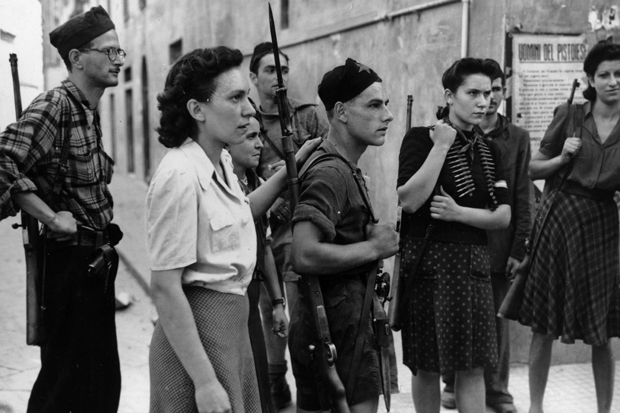Italo Calvino, the Italian arch-fabulist, wrote a foreword to this celebrated wartime diary when it appeared in Italy in 1956. (The author displays an ‘ironic modesty’ and ‘simplicity’ in the writing, Calvino wrote approvingly.) The act of keeping an anti-Fascist diary of this sort during the German occupation carried an automatic death penalty. The author, Ada Gobetti, jotted down her entries in a cryptic English that only she could understand; at the war’s end she deciphered the jottings for eventual publication.
In 1922 Ada’s husband, the anti-Fascist activist Piero Gobetti, founded Turin’s short-lived political journal Rivoluzione liberale, which offered an austere, Risorgimento morality of resistance to Mussolini’s fledgling dictatorship. For his troubles, Gobetti was beaten by Fascist razor-and-cosh gangs and, in 1926, he died at the age of 24. Ada Gobetti vowed to continue his work.
A cultivated woman, from September 1943 to Italy’s liberation in April 1945 she ran a network of safe houses in Turin for anti-Fascists in need of refuge.








Comments
Join the debate for just $5 for 3 months
Be part of the conversation with other Spectator readers by getting your first three months for $5.
UNLOCK ACCESS Just $5 for 3 monthsAlready a subscriber? Log in